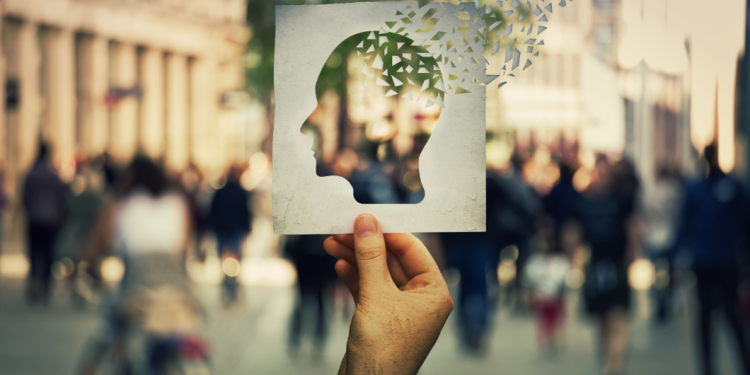by JoAnne Silver Jones
Inaugurations are times that mark a significant change or achievement, a changing of the guard or the opening of a new structure. For me, the first inauguration of President Obama has bifurcated my life. I went to Washington, D.C., in January 2009 with a carefully-planned wardrobe to protect me from the January cold and unbounded enthusiasm about being present at this historic event. Plans are just ideas. Real life owes no responsibility to ideas.
My plans disintegrated ten minutes after stepping off the D.C. Metro when a stranger assaulted me with a hammer. My skull was cracked, my hands broken, and my life re-arranged.
Since then, my life has been a journey through traumatic brain injury and post-traumatic stress disorder. My recovery has been called miraculous. I can write, speak, run, laugh, and travel. Behind the successes are daily struggles. I wrote about the hurdles and challenges in essays and in my book, Headstrong: Surviving a Traumatic Brain Injury.
On the anniversary of the assault, January 16, and during the Biden/Harris inauguration which was enveloped in violence and fear, I thought about the lessons I learned during the years since 2009. What I can offer at this point are not treatments or strategies, readings or practices. I’m not suggesting a to-do list or a don’t-do-this list.
When I close my eyes and drift through time, these thoughts arise:
- Hold on to your worries and fears, successes and dreams with an open hand.
To grasp is to hold tightly, giving most of your attention to what is held, rather than what is present. What is clutched can resist changes, even minor ones. An open hand allows for movement and, when necessary, letting go. A major step forward for me was learning to keep my mind in the present, and thinking softly about the future.
- Let sorrow land, but not nest.
So much of what is written about trauma and healing focuses on being guided by gratitude and positivity. I agree these are important practices. But to live with a body and mind that have changed, to live with limitations that are often not visible to others, brings sorrow. Grieve for what has been lost. Feel the disappointment some of what was lost cannot be regained. Let sorrow visit, but not become a permanent part of you.
I told my therapist during the first decade of my recovery I felt like trauma was imbedded in me. She said, “Can you think of it as a backpack, something that is on you now, but that comes off?” Her wisdom has been an invaluable guide for me.
- A little kindness goes a long way.
While searching for big answers to my periods of depression or bouts of anger, I realized a simple kindness immensely uplifted me: a friend who called and asked me to lunch (pre-COVID); a stranger who helped me reach for something or made a flattering comment; the look of appreciation when I thanked the checker at the supermarket for her work or offered to babysit for a friend. These weren’t big acts, but they shifted my emotional state.
- Love yourself, love others, but be wary of loving plans and schedules.
At the time of my assault, I was on sabbatical from my college teaching position. I had plans to go away and write. I had the plane tickets. Everything was in order. Of course, none of it could happen, then or ever. I know, for certain, that we have no guarantees a plan, once made, will happen. That’s when it’s important to hold onto the plan with an open palm.
- Healing is an inside job, but can’t be done alone.
For the first year after my injuries, I went to many different kinds of therapies: hand, balance, eye, emotional. Each was painful in the beginning, and required a great deal of determination and perseverance on my part. I could not have managed to get through the therapies and daily challenges without the support of others. I needed rides and food. I needed skilled therapists and attentive friends. I needed my family to love me at each tiny or big step along the way. I felt the pain of flexing my swollen, repaired hands, but I didn’t go to or leave the appointment alone.
Travel gently on your own journey.
JoAnne was a college professor, and is now a TBI survivor and author.











